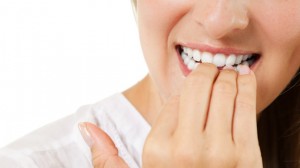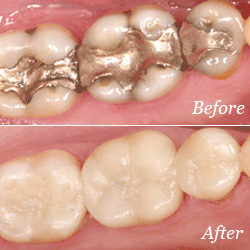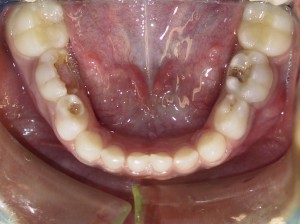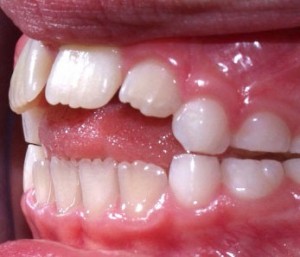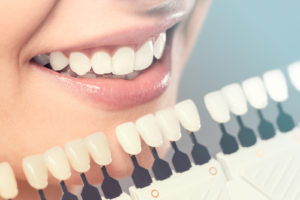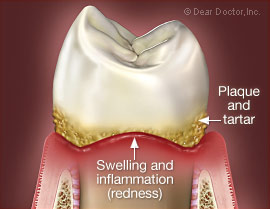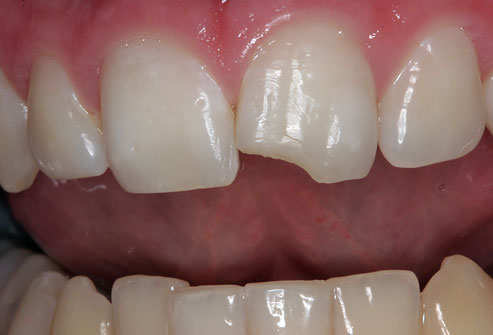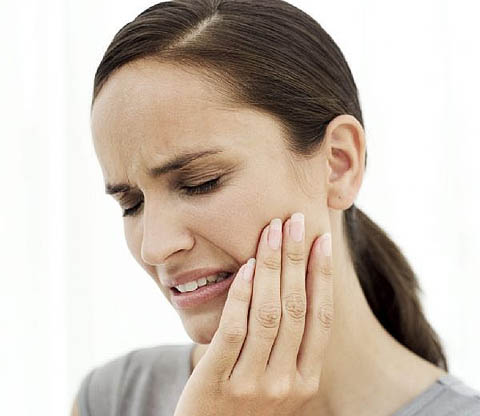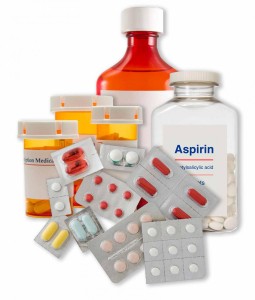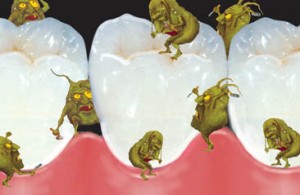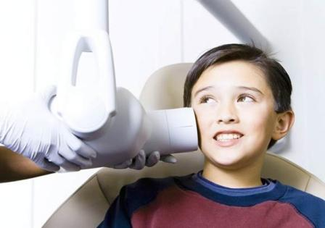We all know someone who has had a swollen face or a hospital visit to have their wisdom teeth extracted. The topic of having wisdom teeth extracted can sound scary and overwhelming, but at Vivid Dental we can make the experience easy. If you have any concerns or issues with your wisdom teeth, come in for a consultation.
Many patients think that all wisdom teeth must be extracted. This is not the case. Some people will have two wisdom teeth, some will have four, some will have none! No two mouths are exactly alike, and some wisdom teeth may exist harmlessly in your mouth – above or below the gum line, causing no problems at all. However, sometimes wisdom teeth can cause a number of issues, such as:

